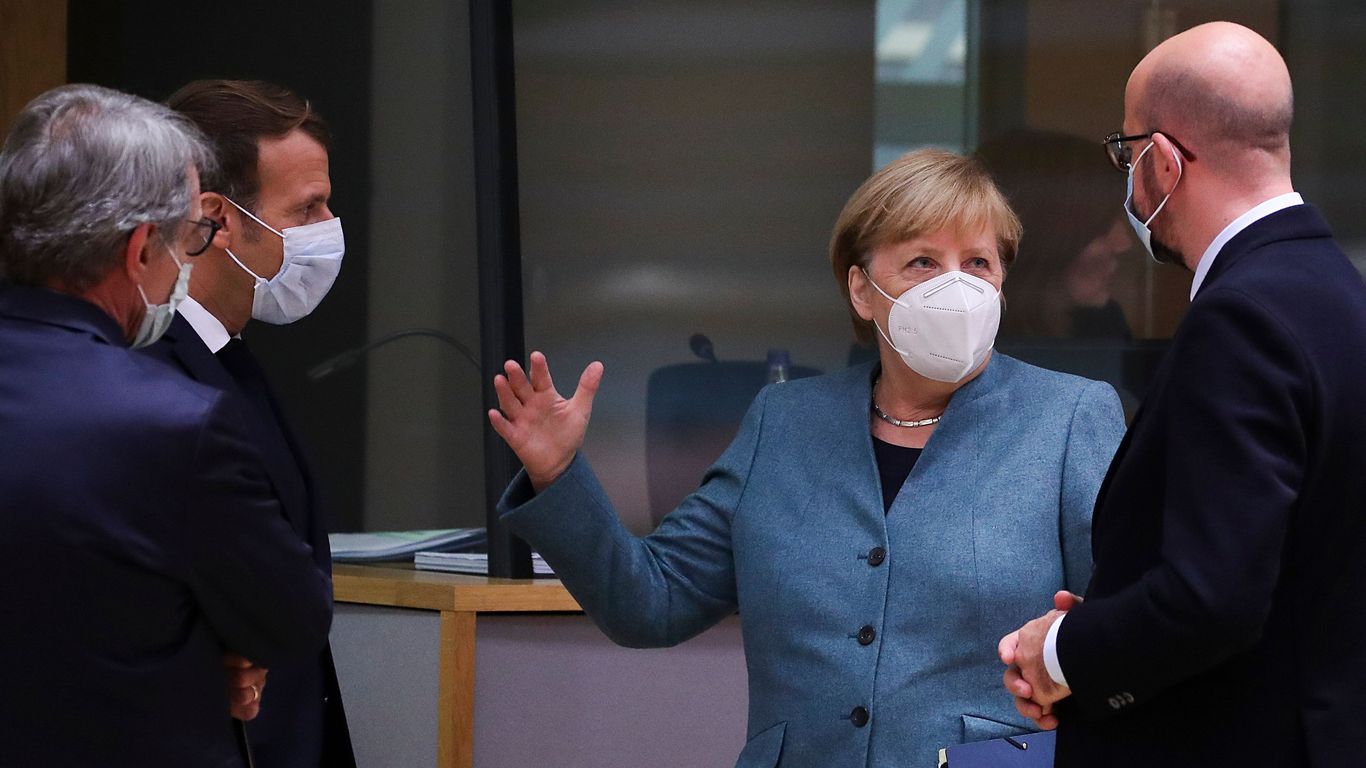Italy on Thursday blocked the export of 250,000 doses of AstraZeneca to Australia, becoming the first EU country to exercise an export ban due to a shortage of vaccines in the bloc.
Why does it matter: The controversial stage exposes several important challenges for the distribution of vaccines – even among the richest countries in the world.
The situation: AstraZeneca is already behind schedule in supplying doses to the EU. Now, the company says it will provide less than half of the doses originally promised in the second quarter as well.
- This infuriated European leaders, who are under pressure due to the launch of a vaccine that has been remarkably inefficient so far. Only one dose was administered in the EU for every three in the USA and every four in the United Kingdom, adjusted for the population.
- This helps to explain Italy’s decision, backed by the European Commission, to block a 250,000-dose shipment to Australia from a US-owned factory near Rome, where the bottles were being filled.
- The action was taken under a system developed in January – amid a turbulent dispute with AstraZeneca over access to doses produced in Britain – to allow vaccine exports to be blocked if a company fails to meet its obligations to the EU .
Yet, but: Supply is not the only problem. EU countries, including Italy, are already taking hundreds of thousands of unused doses of AstraZeneca.
- There has been a general feeling of hesitation about the vaccine, fueled in part by an erroneous report on its effectiveness in a German newspaper and by the bizarre claim by French President Emmanuel Macron that it was “almost ineffective” in people over 65.
- France and Germany approved the vaccine only for people over 65 this week, after being postponed due to insufficient data.
- By the numbers: France administered only 16% of the doses of AstraZeneca it received last Friday, while Italy and Germany used about 21%.
Driving the news: Real-world data from the UK – which relies heavily on the home-made vaccine developed at the University of Oxford – now suggests that the vaccine is highly effective in preventing hospitalizations among older people, even after a single dose.
Between the lines: EU countries have caused two international incidents, with the United Kingdom and now Australia, over access to a vaccine that they are hardly using.
- And all of this is happening at a time when countries around the world, many of which will depend on the AstraZeneca vaccine, have no access to any vaccine.
What to watch: Italy’s decision also highlights the difficulties that import-dependent countries face in receiving doses.
- Canada, for example, ordered more doses for its population than any other country, but received relatively few.
- Meanwhile, the United States, which has the largest vaccine manufacturing capacity in the world, according to Airfinity, is in the process of producing enough doses by May to cover its entire adult population.
